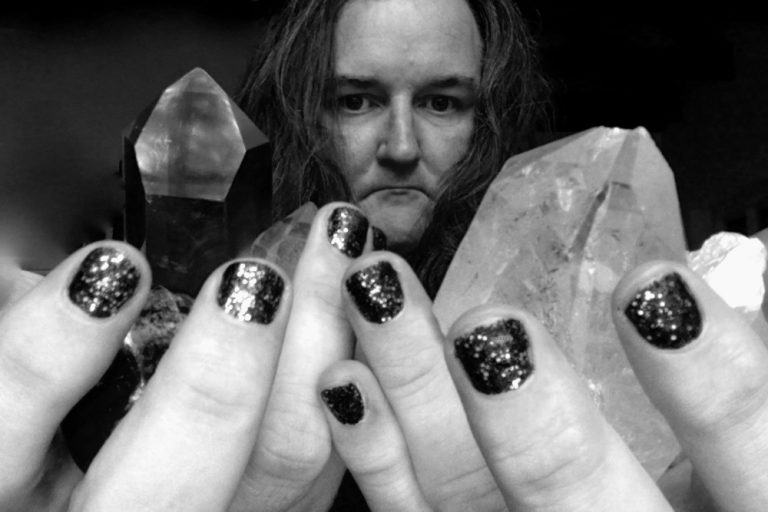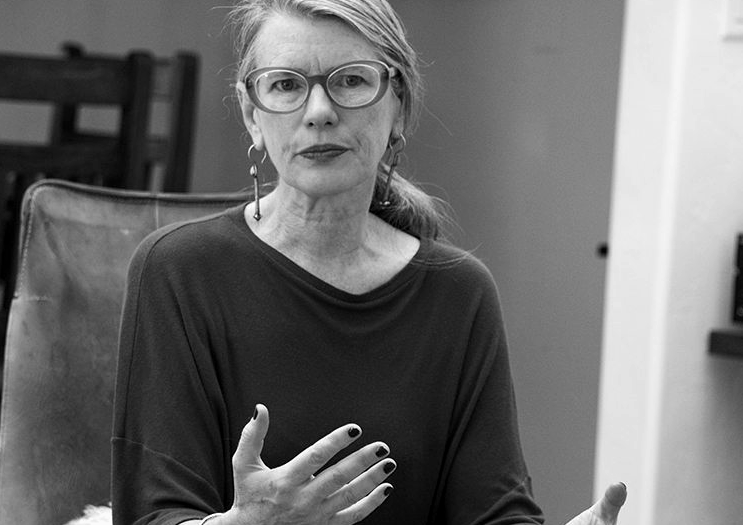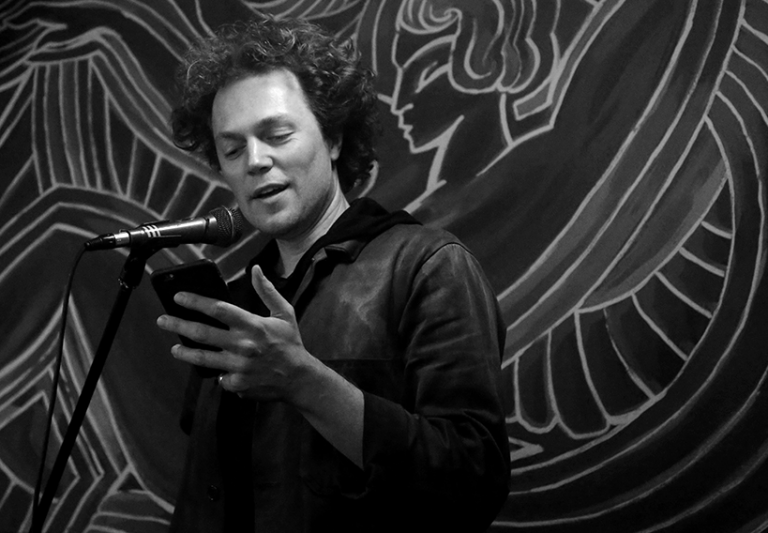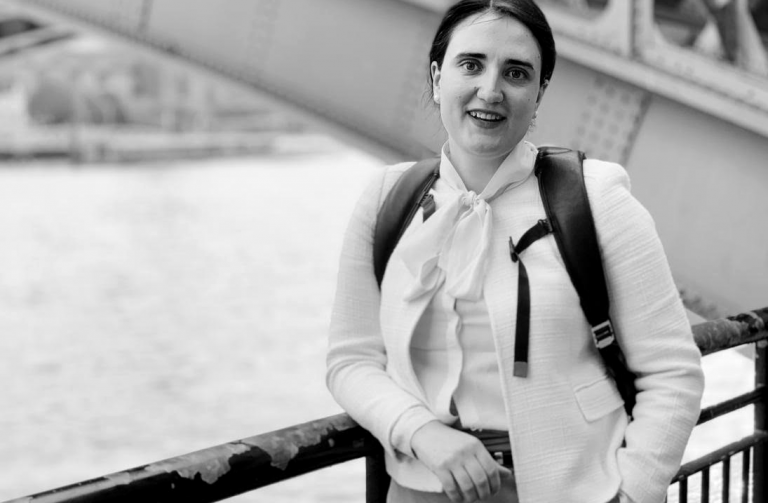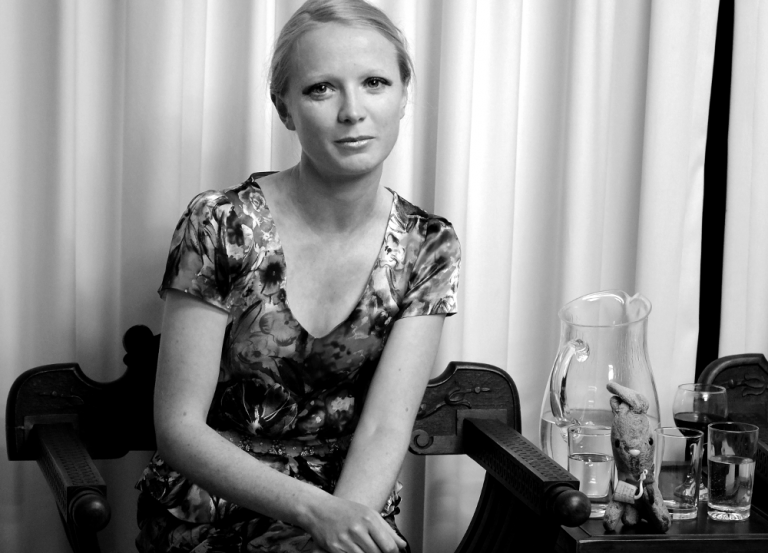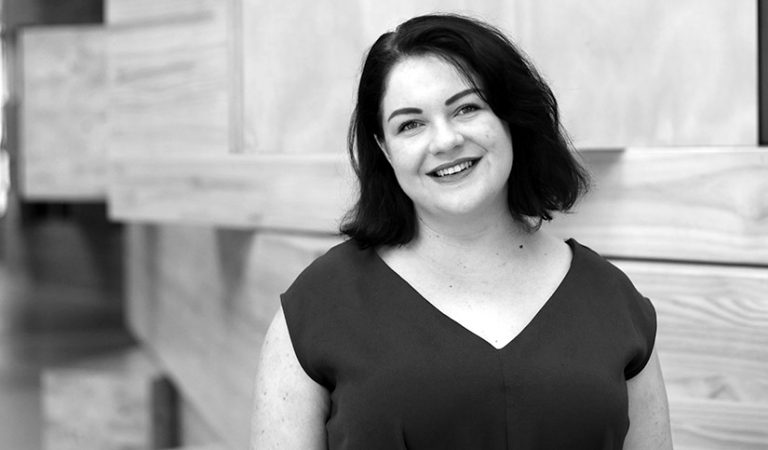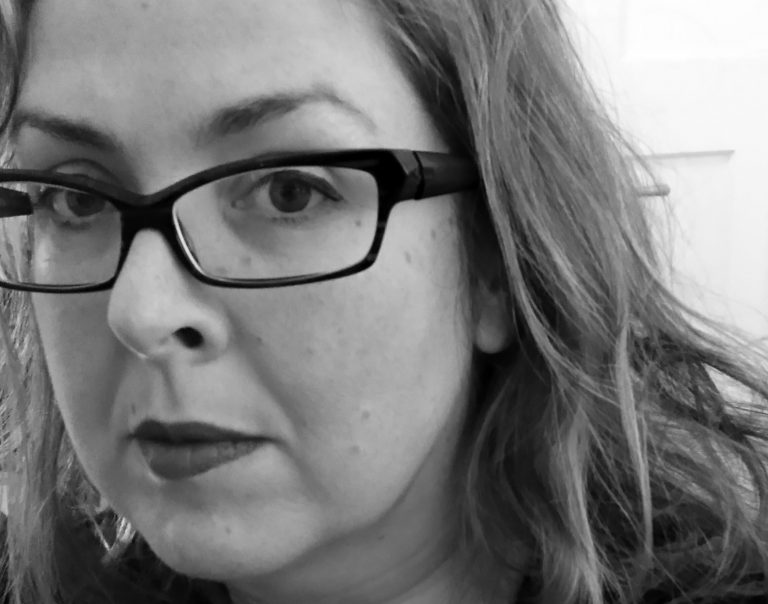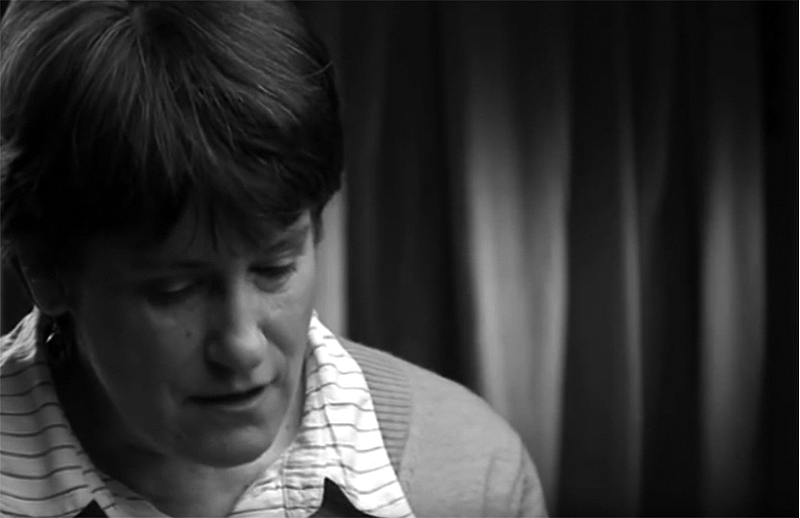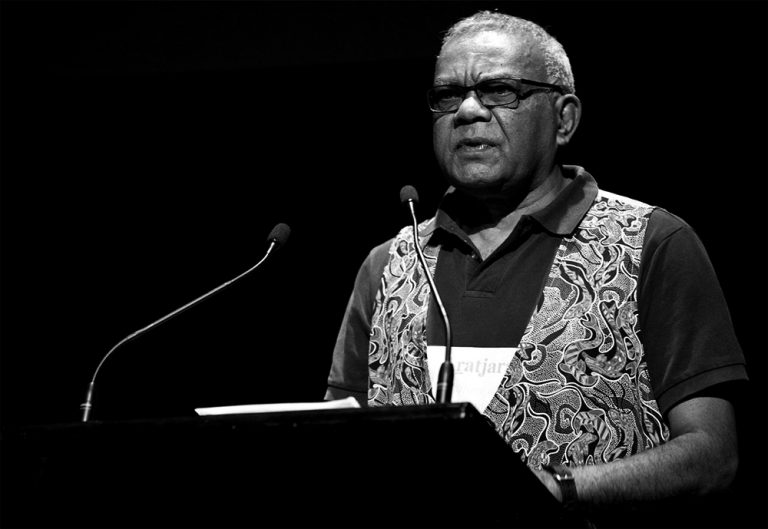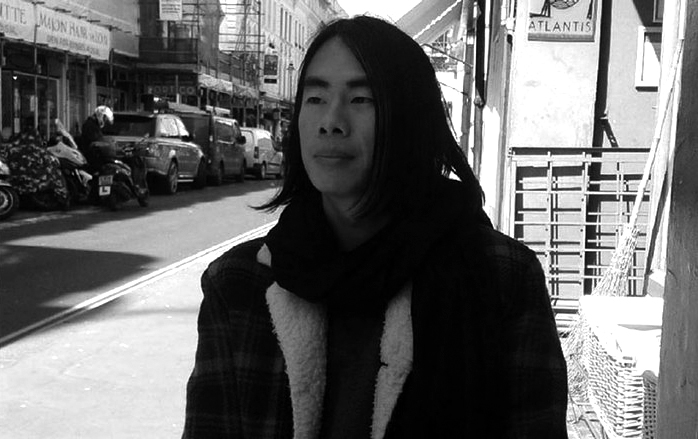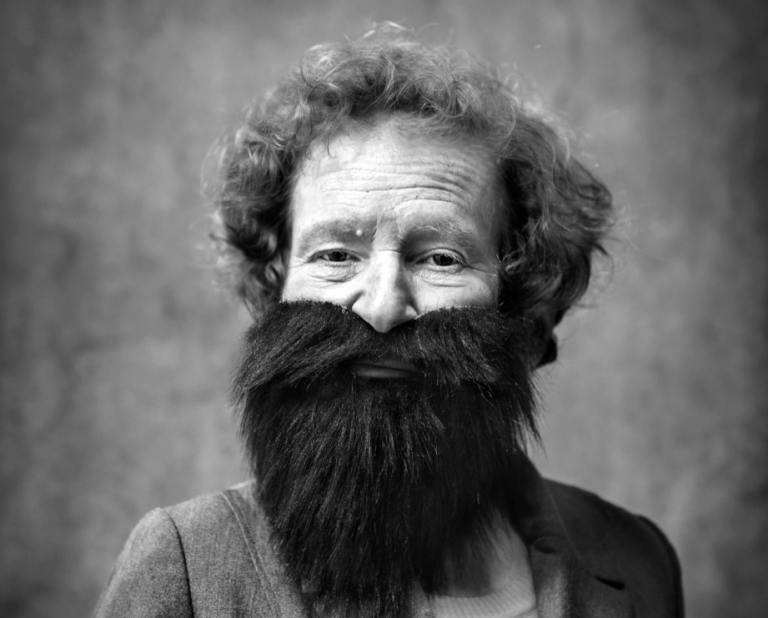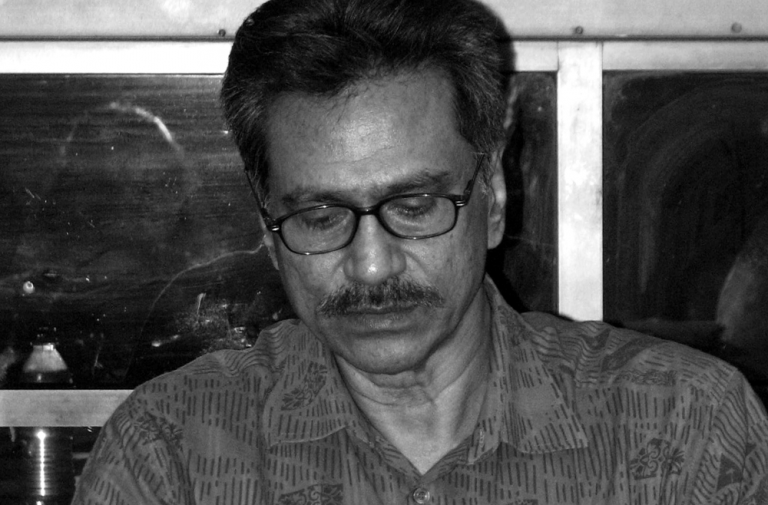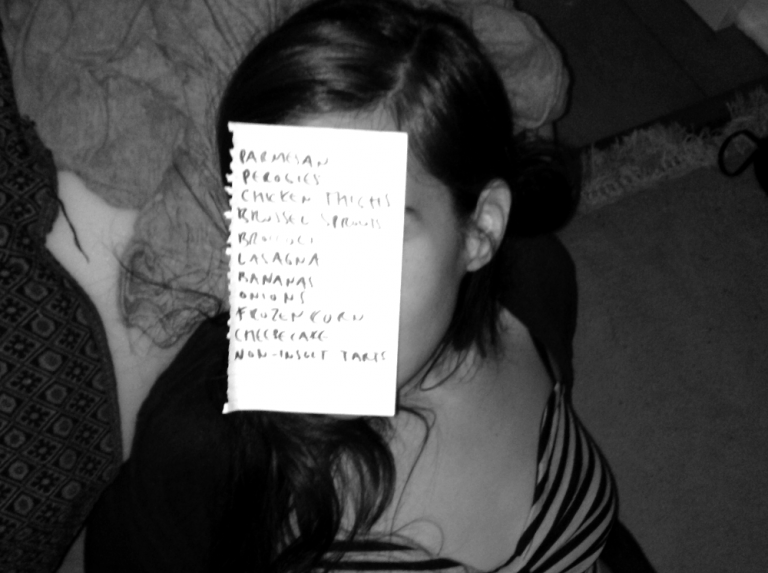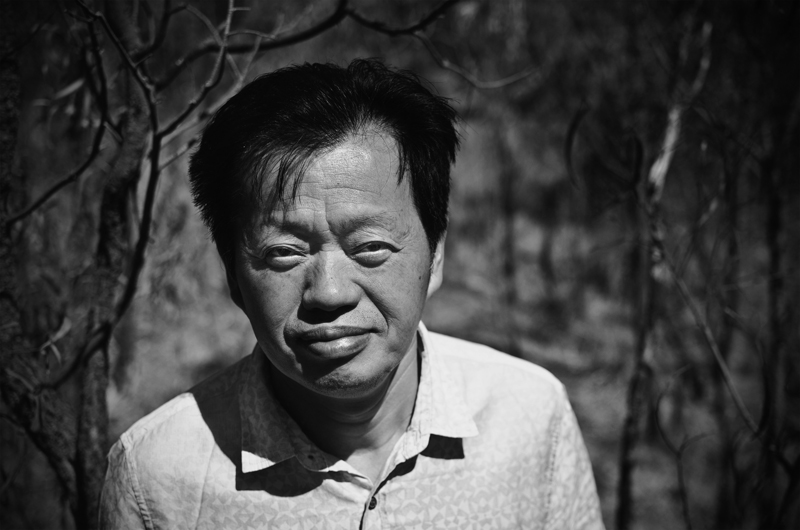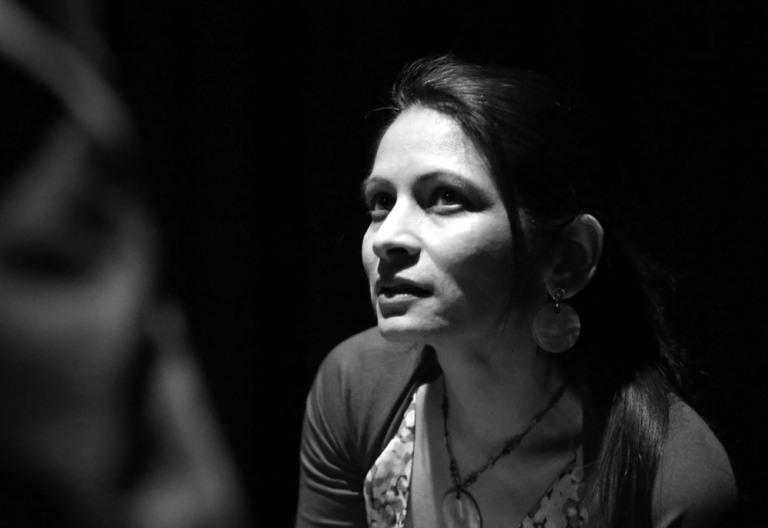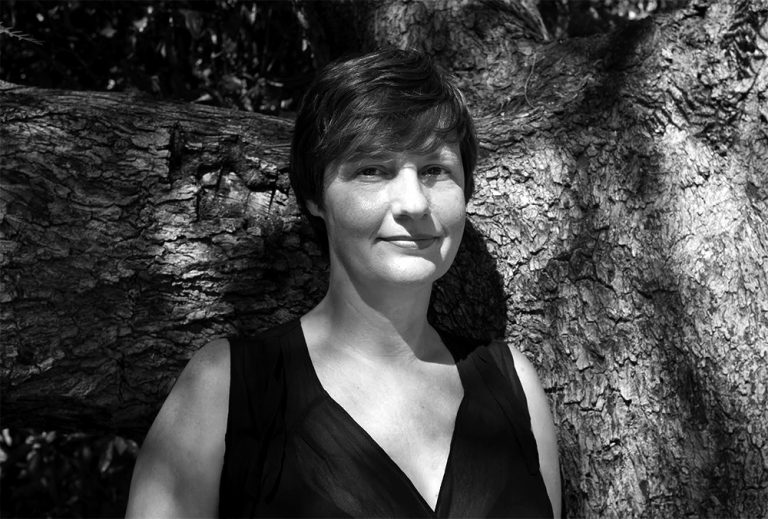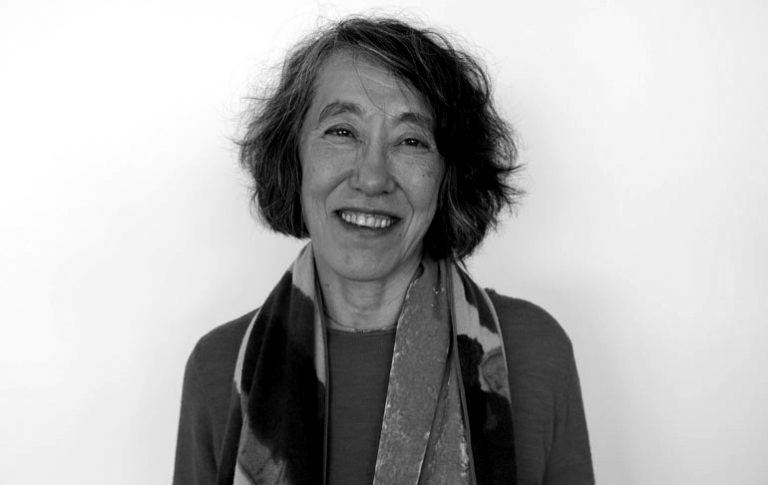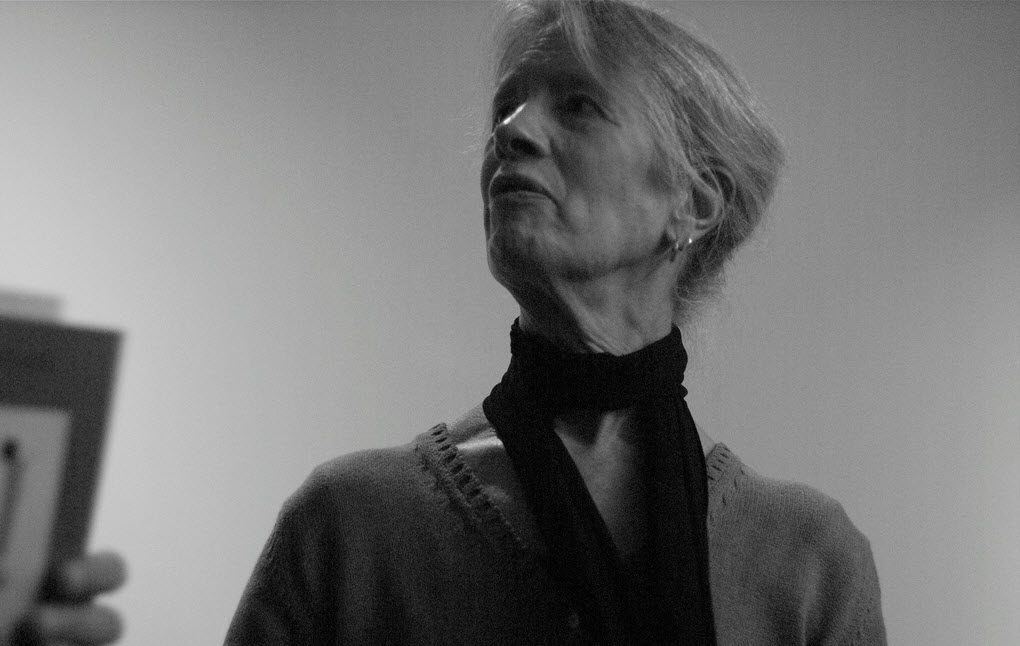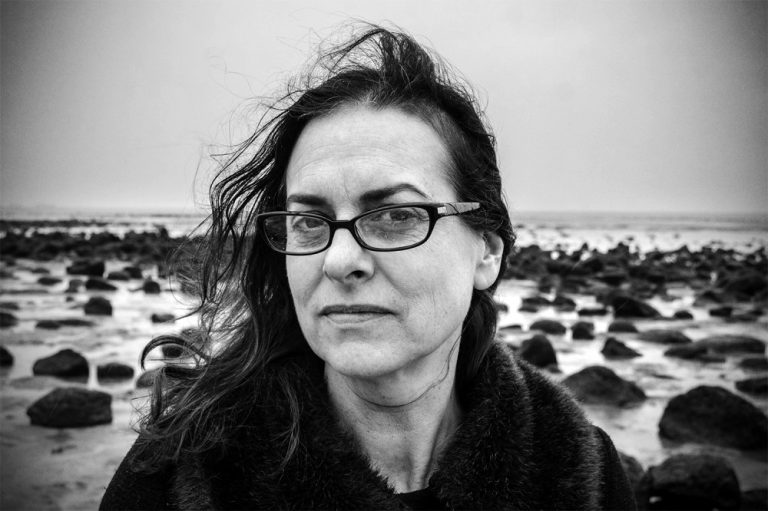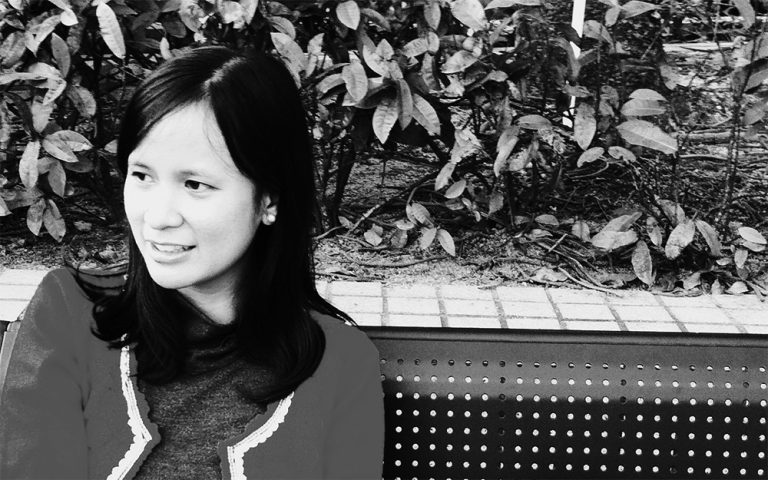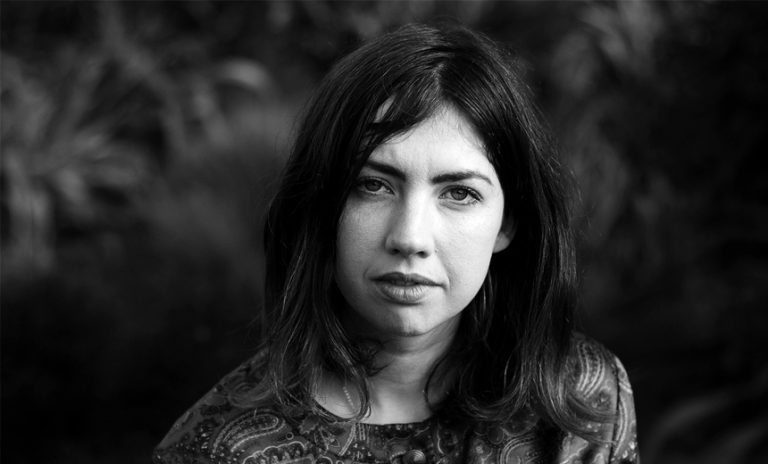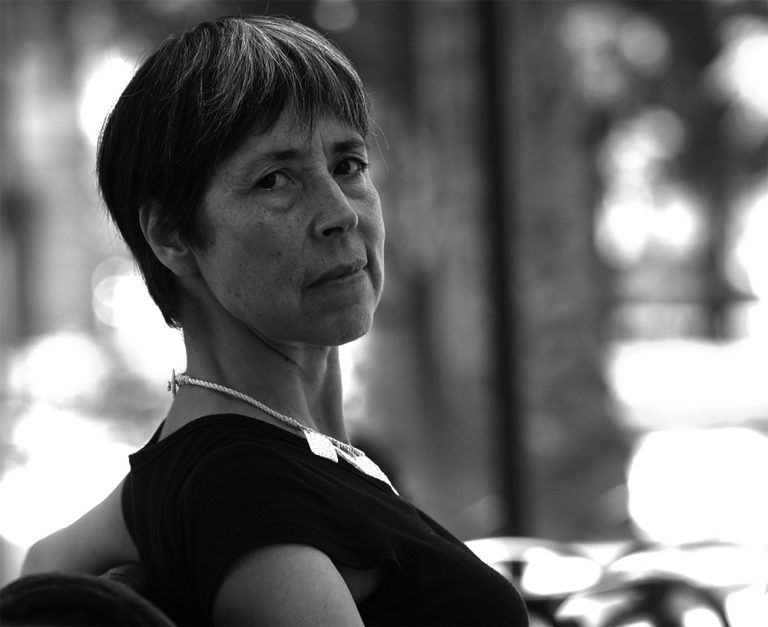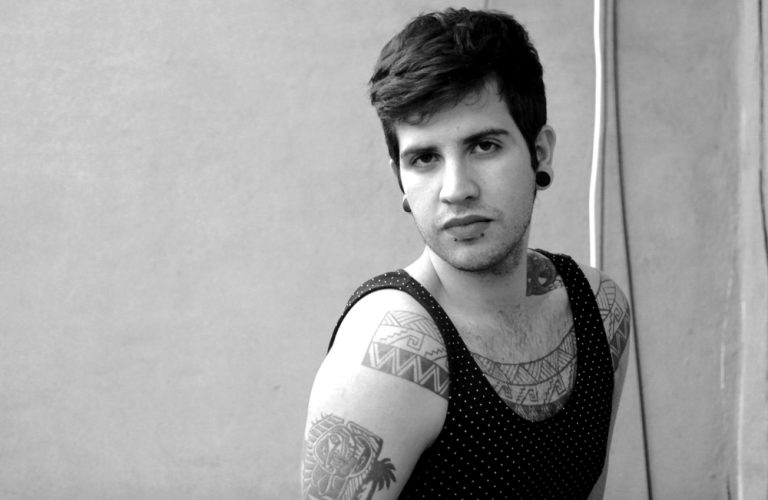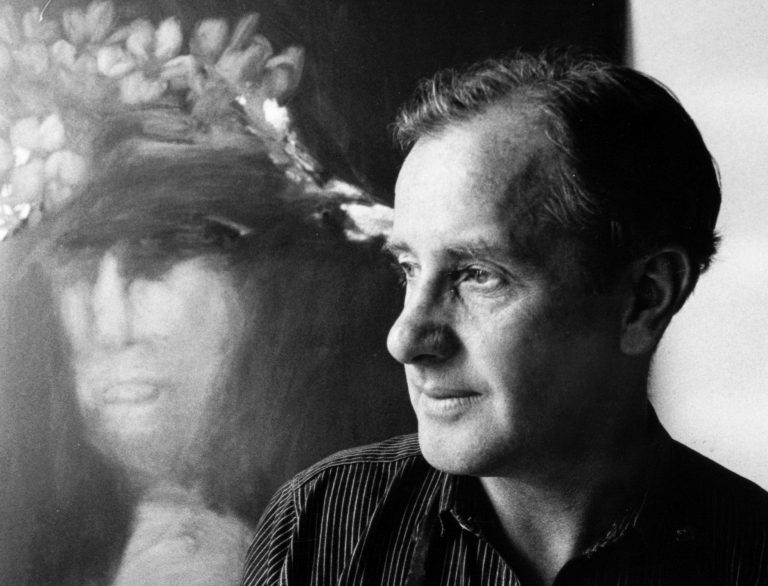INTERVIEWS
On Presence, Defiance and Honesty: daniel ward Interviews CAConrad
CAConrad is the author of 9 books. Their most recent book JUPITER ALIGNMENT: (Soma)tic Poetry Rituals is forthcoming this year through Ignota Books. The rituals are explorations of ‘extreme presence’, in which they invite us to locate, access and utilise …
‘Desire’s temporality is going to be perverse’: Elena Betros López Interviews Lisa Robertson
Lisa Robertson and I were introduced through my dear friend Marnie Slater following an invitation by Autumn Royal to undertake an interview for Cordite Poetry Review. I felt the need to be completely transparent with Lisa in stating that I’m …
‘The amorphousness of meaning-making’: Elena Gomez Interviews Toby Fitch
I did write some poetry at school, just never with much intent.
‘To map the language I write in’: Jo Langdon Interviews Albena Todorova
Image courtesy of Albena Todorova Albena Todorova is a Bulgarian writer currently living and working in London. She is the author of three books of poetry: an award-winning self-published debut, poems (stihotvoreniya) (2014); Poems That Make You Want to Love …
‘Beware! This is not a real biography!’: Ali Alizadeh Interviews Jessica L Wilkinson
To many, biographies are a generic section in a bookshop which showcase – as this interview will discuss – a supposed element of ‘truth’. Suggestions of worthiness through platitudes such as ‘based on a true story’ or a ‘definitive biography …
‘A means of resistance’: Susie Anderson Interviews Alison Whittaker
Some writing teaches you possibility. Possibility in a number of ways: seeing yourself reflected in a body of work, echoing familiar words, places, or ideas; some writing is a lesson about form, or acts as an overall object to aspire to.
‘That is some crafty bite’: Trisha Pender Interviews Melinda Bufton
In her eagerly awaited second collection, Superette (Puncher & Wattman, 2018), Melinda Bufton delivers dramatically on the promise announced in her 2014 debut, Girlery (Inken Publisch, 2014).
‘You’re never disembodied from the action’: Dylan Frusher Interviews Judith Beveridge
Judith Beveridge is the author of six collections of poetry and throughout her writing life she has received multiple awards, including the Queensland Premier’s Literary Award, Victorian Premier’s Literary Award, New South Wales Premier’s Literary Awards and the Kenneth Slessor Prize for Poetry.
‘The Rally Is Calling’: Dashiell Moore Interviews Lionel Fogarty
The poetry of Yoogum and Kudjela man, Lionel Fogarty, may be hard to follow, often distorting colloquial phrases or standardised grammar to retool the colonising English language into a form of resistance.
‘There is nothing more shared than language’: Carolyn DeCarlo Interviews Gregory Kan
Gregory Kan is a New Zealand poet and arts writer currently living in Wellington. He received an MA in Creative Writing from the International Institute of Modern Letters (IIML) at Victoria University in 2012, and was awarded the 2017 Grimshaw Sargeson Fellowship, during which he held a six-month tenure at the Sargeson Centre in Auckland.
‘Language can multiply itself and form secret and unusual patterns’: Andrew Pascoe Interviews Ania Walwicz
In it, she was putting the manuscript of her new book, Horse: A Psychodramatic Enactment of a Fairytale, into an oven at La Mama – where she had performed a few years’ prior. The book caught alight.
An Unwitting Pariah: Kathryn Hummel in Conversation with Kaiser Haq
At the close of his poem ‘Autumn Fragment’, Kaiser Haq asks: ‘Can one write / Verse that is free of ambiguity?’ A more pointed consideration for contemporary writers hailing from Bangladesh is whether perhaps one should.
‘We mirror what we see’: Holly Childs Interviews Cristine Brache
Cristine Brache is a Toronto-based poet and artist. Her work explores the nuanced power dynamics inherent in many of our relationships. Brache’s practice incorporates video, sculpture, poetry and a multitude of limited edition objects, prints, t-shirts and publications.
‘Refusing to be published, refusing even to perish’: Amelia Dale Interviews Ouyang Yu
Ouyang Yu, now based between Melbourne and Shanghai, came to Australia in mid-April 1991 and, by early 2018, has published 96 books of poetry, fiction, non-fiction, literary translation and literary criticism in English and Chinese. He also edits Australia’s only Chinese literary journal, Otherland.
‘Myth is not merely decorative’: Prithvi Varatharajan Interviews Michelle Cahill
The subject of my interview with Cahill is her second book of poems, Vishvarūpa, which is a highly unusual book by a contemporary Australian poet. In Vishvarūpa Cahill reanimates figures from ancient Hindu mythology.
Sandra D’Urso Interviews Fiona Hile
To read Hile’s poetry is to encounter what it means to be a desiring subject in a contemporary world. Her use of vernacular recalls and transforms the details of everyday life, while gesturing toward the grand themes of a European philosophical tradition.
‘I have never understood a single poem’: Chi Tran Interviews Mei-mei Berssenbrugge
What has come to light from my exchanges with Berssenbrugge is that there is no singular way to understand her work. Perhaps drawing lines around and across differences in understandings poses a bit of a problem (not necessarily one to be solved as such, but to be thought and written through) and only directs us back into a canonical way of thinking, instead of propelling us forward and out.
‘A Fable for Now’: Kate Fagan Interviews Lyn Hejinian
In July, 2014, the American poet Lyn Hejinian visited Australia to participate in two events – the ‘Women’s Writing and Environments: 2014 Contemporary Women’s Writing Association Conference’ at the State Library of Melbourne, where she headlined alongside fellow keynotes Alexis Wright, Chris Kraus and Deborah Bird Rose.
‘through worlds & worlds & worlds’: Joan Fleming interviews Jordie Albiston
I first met Albiston in a taxicab in Wellington in November of 2014. When she learned that ‘Fleming’s pool’ near her home in Altona is named after my direct ancestors, she said, ‘All right, no more conversation now.
Archiving the Present: Ivy Alvarez Interviews Conchitina Cruz
From November 2016 to April 2017, I corresponded with Cruz over email. Commensurate with an ongoing political emergency, and in the face of turmoil and bloodshed in the Philippines, this conversation is, out of necessity, open-ended.
‘The concept of risk is intensely personal’: Jonno Révanche Interviews Hera Lindsay Bird
New Zealand writer Hera Lindsey Bird has been described as many things in recent times: an internet poet, a crisp new voice in a constantly shifting medium, the sole cause of poetry’s demise, a conspirator and revolutionary, historical necromancer, albatross, a stern jewellery thief.
‘We can wake up if we wish’: Autumn Royal Interviews Cecilia Vicuña
Cecilia Vicuña is a multidisciplinary Chilean artist who describes her practice as dwelling in the not yet. Vicuña forms and disentangles meaning with poetry, oral performances, filmmaking, criticism and activism.
Ainslie Templeton Interviews Christopher (Loma) Soto
Christopher Soto (aka Loma) is a Brooklyn-based poet who has received several awards for his writing and activism. Most notably, he is the author of the chapbook Sad Girl Poems, which discusses his experiences with domestic violence and queer youth homelessness.
Interview with Sidney Nolan (Ella O’Keefe edit)
Hazel de Berg’s recordings take place in the homes or work spaces of the subjects rather than a recording studio. This allows something of these places into the recording whether birdsong, traffic or an r&b song playing in the background.

